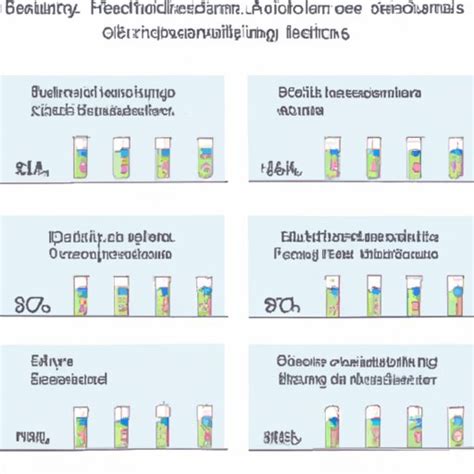Antibiotics: How Long Does It Take To Work?
Antibiotics are powerful medicines that fight bacterial infections. But how quickly can you expect to feel better after starting a course? The answer isn't straightforward, and depends on several factors. This guide will explore the timeline of antibiotic effectiveness, helping you understand what to expect during treatment.
Understanding the Timeline: It's Not Instant!
It's crucial to remember that antibiotics don't work overnight. They don't act like painkillers that provide immediate relief. Instead, they work by gradually weakening and killing bacteria. This process takes time, and you might not feel immediate improvement.
Factors Affecting the Time to Feel Better:
- Type of Infection: A simple ear infection might respond faster than a severe pneumonia. The severity and location of the infection significantly influence recovery time.
- Type of Antibiotic: Different antibiotics have different mechanisms of action and effectiveness against specific bacteria. Some work faster than others. Your doctor prescribes the best antibiotic based on your specific infection.
- Your Overall Health: Individuals with weakened immune systems might take longer to recover, even with effective antibiotic treatment. Pre-existing conditions can also play a role.
- Dosage and Adherence: Following your doctor's prescribed dosage and completing the entire course of antibiotics is vital for successful treatment. Skipping doses or stopping early can lead to antibiotic resistance and prolong your illness.
When Can You Expect to See Improvement?
While there's no magic number, many people start to feel some improvement within 24-48 hours of starting antibiotics. This might involve a reduction in fever, less pain, or improved energy levels. However, this doesn't mean you should stop taking your medication.
Complete recovery typically takes several days to a couple of weeks, depending on the factors mentioned above. Even if you feel better, continue taking the antibiotics as prescribed to ensure the infection is completely eradicated. Stopping early can lead to recurrence or the development of antibiotic-resistant bacteria.
What if I Don't Feel Better After a Few Days?
If you don't experience any improvement after a few days on antibiotics, or if your symptoms worsen, contact your doctor immediately. This could indicate that:
- The wrong antibiotic was prescribed: Your doctor might need to adjust your treatment based on the infection's response.
- The infection is more serious than initially thought: Further investigation might be necessary.
- A secondary infection has developed: You might have contracted another infection alongside the initial bacterial infection.
Never self-treat or change your antibiotic dosage without consulting your doctor.
Key Takeaways: Patience and Persistence
Treating bacterial infections with antibiotics requires patience and adherence to your doctor's instructions. While you might not see immediate results, consistent medication is key to successful treatment and preventing complications. Remember, completing the entire course of antibiotics, even if you feel better, is crucial for a full recovery and preventing the development of antibiotic-resistant bacteria. Always consult your doctor if you have concerns about your treatment.
